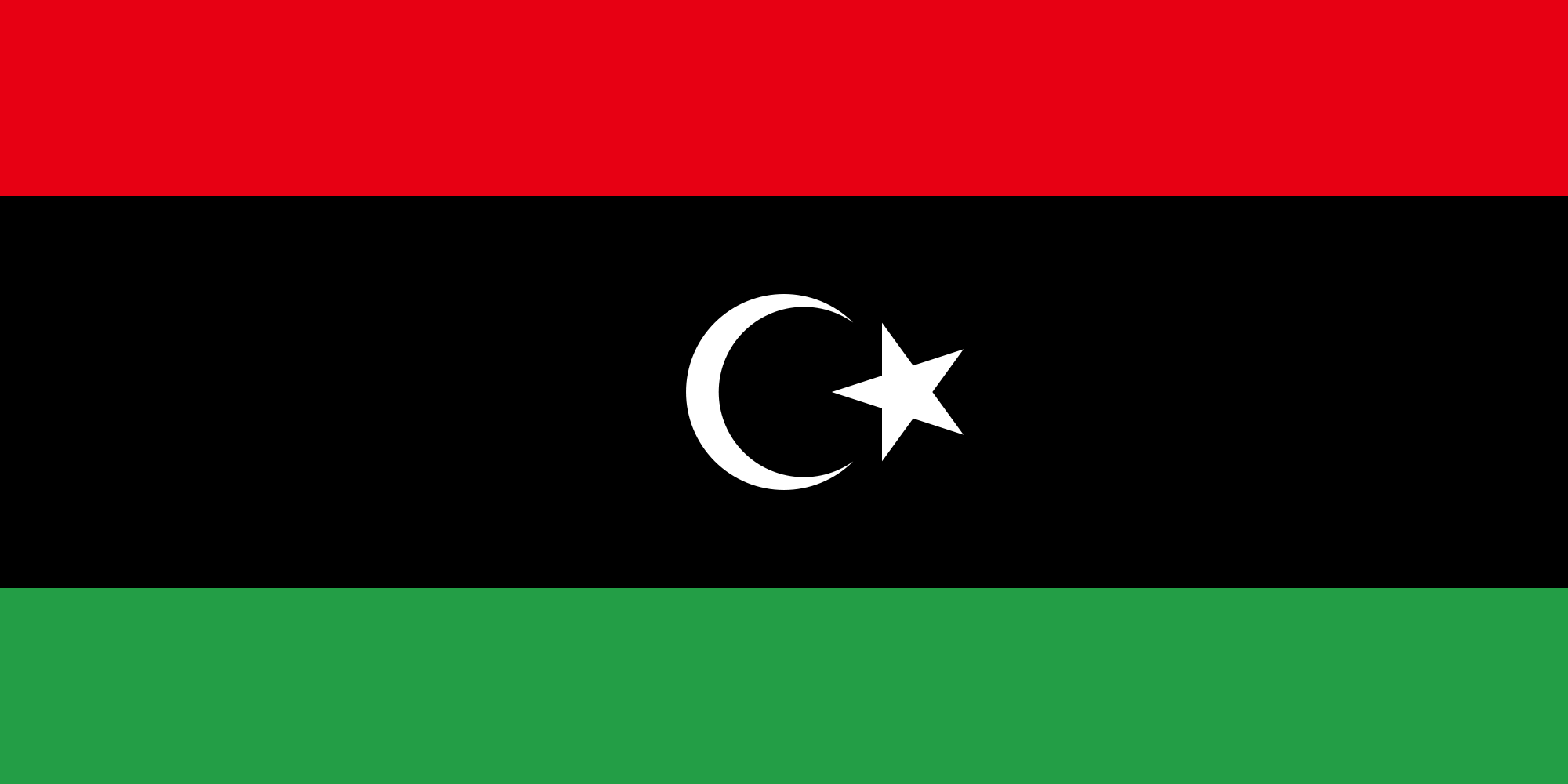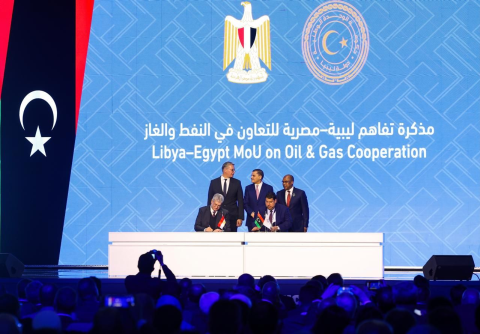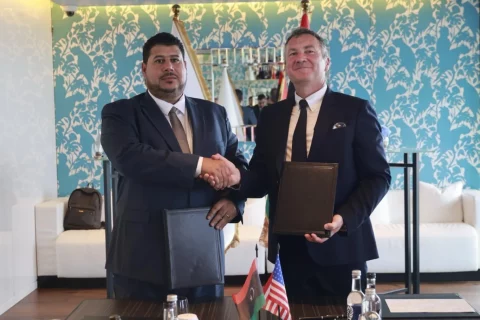Libya’s Petroleum Facilities Guard (PFG), a 27,000 strong body tasked with protecting Libya’s oil facilities, has become the “biggest obstacle to raising money from the industry and a hindrance to forming a unified government,” according to the Head of Libya’s National Oil Corporation (NOC), Mustafa Sanalla, in a report published by The Independent.
NOC Chairman told the paper that the PFG has become a ‘private army’ for its head, Ibrahim Jadran, and “they have tried to sell oil themselves and then they failed to protect the places they were meant to.” The PFG has gained control of the oil ports and complexes in Ras Lanuf, Sidra, and Zueitina in eastern Libya. In March 2014, Jadran announced that he had given himself greater autonomy and sent the tanker MV Morning Glory, flying North Korean colors, loaded with 234,000 barrels of crude oil for sale abroad. “We estimate that the activities of the PFG has adversely affected 70% of oil production,” Sanalla added.
ISIS has attacked a number of Libyan oil facilities over the month of January, which Sanalla said could have been avoided with a more competent guard. In regard to the Ras Lanuf attack, Sanalla said “We could have saved the oil, but the PFG sabotaged this. Then they failed to put up resistance and Isis were able to carry out their attack and destroy the fuel. There were not that many Isis fighters taking part in the attack, so we do not know why PFG just went away. ”
“Isis are not occupying the oil facilities; they are damaging them and they are doing this with a small number of people. They want to prevent the country unifying under one government and we need the unity to save the economy, which is in a bad way. The PFG too is a hindrance to unity; it needs to be disbanded or integrated into a future army. Without a single government there will be no security and Libya will decline further into lawlessness and chaos,” Sanalla said, in a call for a unity government to be formed in Libya, as is currently being negotiated.
Libya’s instability has cost the country $60b in lost revenues, the Chairman said in January.
Forming a unity government has proven difficult, as the Tobruk government parliament has recently rejected a proposed caretaker administration, because of its supposed militia influence. It, however offered the negotiating council ten days to present new proposals.












